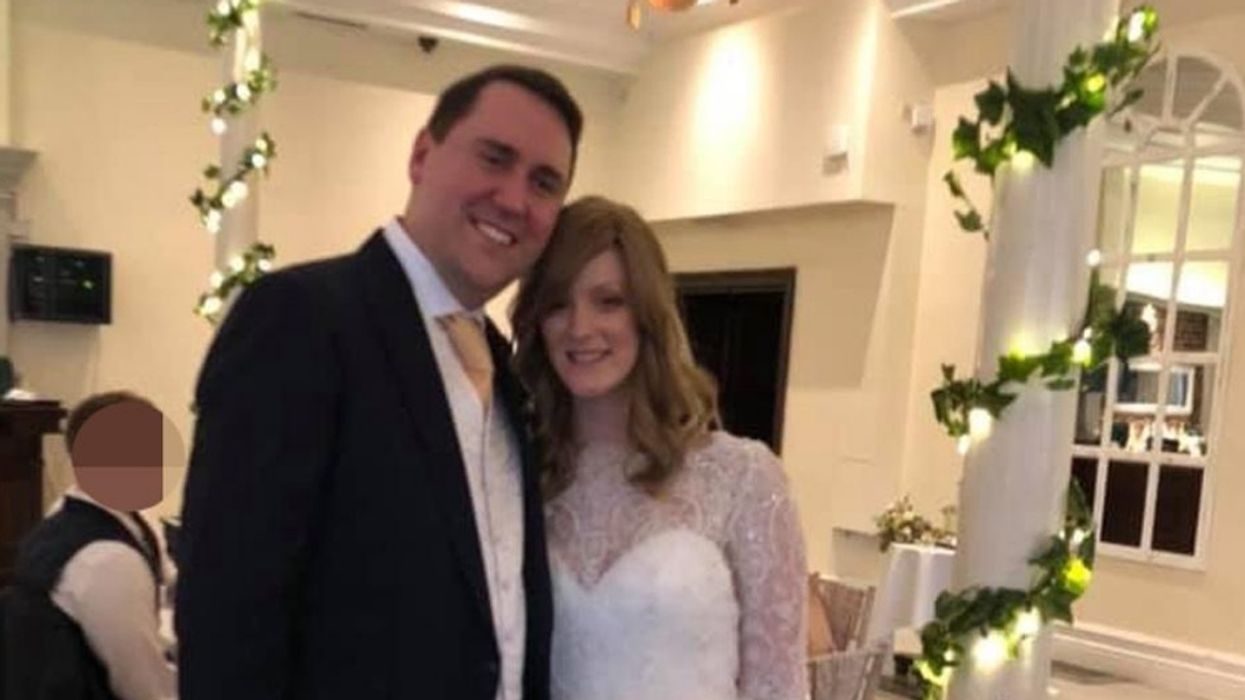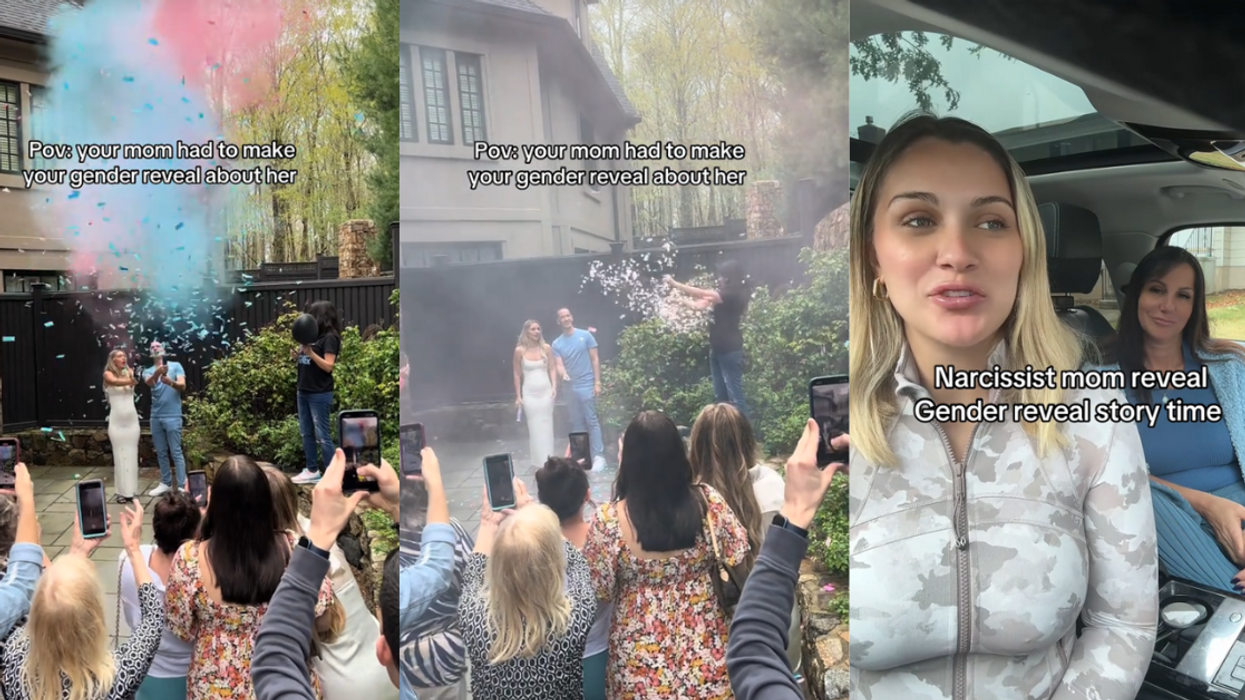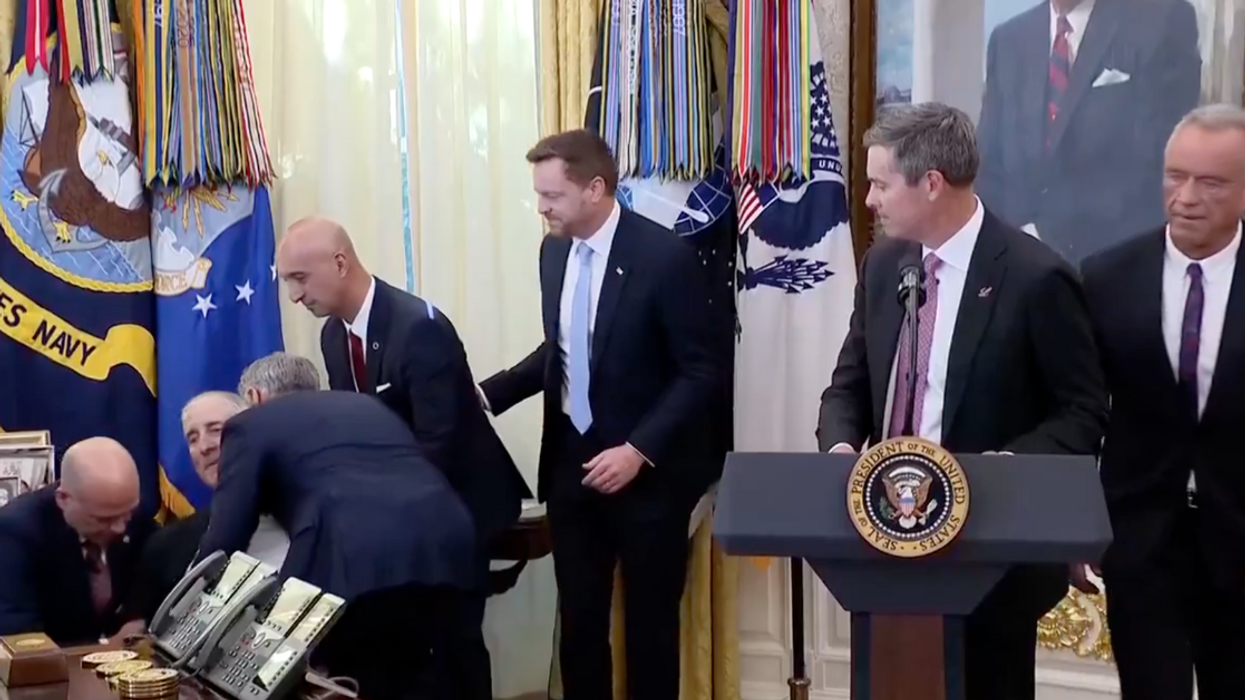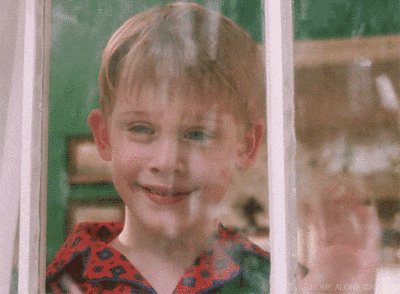An HR officer who lost her hair to alopecia told how she was saved from being a bald bride by a bespoke £2,500 (~$3,300) wig – fitted just weeks before her wedding day.
When the 50p-sized bald patch Vicky Coombes noticed while washing her shoulder length blonde tresses in May 2015 grew until she had lost her hair, eyebrows and lashes, it meant her joy as she approached her wedding to GP Dominic, 34, was marred by the fear of how she would look.
After struggling with various hair pieces, she finally found a brilliant bespoke wig maker and walked down the aisle in April 2019 wearing a beautiful blonde half-up, half-down do beneath her veil – making her look and feel like a million dollars.
Vicky, 31, of Newcastle upon Tyne, Tyne and Wear, England, who has a 12-week-old daughter, Isabelle, said:
“I was thrilled with the result."
“My wig made all the difference to my wedding. I've worn it every day since."
Vicky, then 26, was enjoying a vacation with family in Abu Dhabi, in the United Arab Emirates, in May 2015 when, washing her hair one day, she noticed a large clump had fallen out.

On closer inspection, she found a bald patch, roughly the size of a 50p piece, at the back of her scalp which, by the time she returned to the UK three weeks later, had become much bigger.
Consulting her GP, still thinking it would grow back, Vicky was prescribed a steroid cream to massage into her scalp.
She said:
“I had heard of alopecia, but at that point, I didn't think that's what I had. I just thought my hair had done something weird and it was a simple bald spot."
When the cream was ineffective, she was referred to a dermatologist at Royal Hallamshire Hospital in Sheffield, where she was then living, who officially diagnosed her with alopecia – an autoimmune condition that occurs when the body mistakenly attacks hair follicles, causing them to fall out.
According to the charity Alopecia UK, it often starts with isolated patches of hair loss, which then may grow larger or spread across the body.
Vicky has alopecia universalis, the most severe type, which happens when sufferers lose all the hair from their scalp, face and rest of their body, for which chances of regrowth can be slim.

It has been suggested that, while not a cause, stress may have been a trigger in her case.
Due to move back to her home town of Newcastle shortly after her diagnosis, she began a course of steroid injections in her scalp at the city's Royal Victoria Infirmary in early 2016.
“The injections weren't excruciating, but they definitely hurt," she recalled. “It wasn't a traditional needle – more of an air gun – but my head was still being pierced, so it wasn't pleasant. Doctors would do about 50 injections at a time, a few millimeters apart."

Sadly, the treatment – aimed at suppressing her immune system so it stopped attacking the hair follicles – which was given every four weeks for 10 months, did not work, leaving Vicky no option but to try and accept that her hair loss may be permanent.
A welcome distraction arrived in March 2016, when she met Dominic online.
She said:
“At that point, the hair loss was about 40 percent and mostly on the back and underneath, so I could style what remained in a certain way to hide it. I did that for our first two dates, then just before our third, I decided to tell him."
Types of alopecia
- Alopecia Areata - Shows up as round or oval patches on the scalp or other places on the body that grow hair. Can sometimes develop into either Alopecia Totalis or Alopecia Universalis, but in most cases it remains patchy and eventually regrowth occurs.
- Alopecia Totalis - Characterised by a total loss of all scalp hair.
- Alopecia Universalis - Characterised by hair loss across the entire scalp, face (including eyebrows and eyelashes), and the rest of the body.
She continued:
“I was nervous in case it was a deal breaker for him, or meant he wouldn't find me attractive anymore."
“I decided to text him rather than tell him face to face, to give him time and space to process what I was saying. He replied almost instantly, saying, 'Thank you for letting me know, what do you want for dinner?'"
“He couldn't have been more supportive. He wasn't fazed at all and saw me for myself, not what I looked like. Plus, being a doctor, he understood the medical side of things."

As the couple's relationship strengthened, Vicky's hair loss intensified, so that, by the summer of 2016, her head was bald and she had no lashes or eyebrows.
“I'd tried everything – oral steroids, creams and injections. I'd clung onto the hope that one of them would work but it became painfully clear that wasn't going to happen," she said. “I tried to be positive but making a decision to stop trying to find treatment and accept things for what they were was still difficult."
Next, Vicky tried to find a wig she could wear to make her feel more confident – initially using vouchers provided by the NHS to get a synthetic one in a similar shade and style to her natural hair.

“That was alright, but felt quite uncomfortable and itchy," she said. “It would slip about and, a couple of times, blew off in the wind. Because it was made of synthetic fibers, it was also quite obvious it was a wig, which made me feel a uncomfortable."
So, after researching online, Vicky upgraded from her NHS wig to a semi-permanent one made from real human hair, costing around £1,000 (~$1,315).
She continued:
“That was more secure, as I taped it to my head using special attachments. I could sleep in it and style it a little more, but if I moved in a certain way, sometimes the hair would part and you could see all the fixtures keeping it in place."
Then, after Dominic proposed in October 2017 during a trip to the beach and Vicky's thoughts turned to wedding planning, the pressure to find the perfect wig felt more acute than ever.
She recalled:
“Around the time I was planning my wedding, I'd more or less come to the end of the road with what treatment I could have."
“Nothing was working, so I tried my best to accept the situation for what it was. I really wanted to get a wig I felt comfortable in before my wedding, though, as you look back on the pictures for years to come and I didn't want to feel self-conscious."

Thankfully, in November 2018, she discovered Fantastic Hair, a company specifically set up to help people with alopecia.
Founder Karen Green is an independent agent for Freedom Wigs, a pioneering New Zealand brand making quality hair pieces, which are sealed in place with a specially made silicone cap.
“Prices can differ depending on what you want, but for me, the whole thing cost around £2,500," said Vicky. “It sounds like a lot, but it was worth every penny. I did have to budget for it, though, and I'm so grateful I could afford it."

After a consultation, Vicky had a 3D scan taken of her head so that a special 'fit-cap' could be made for her, to ensure the wig would properly vacuum seal to her scalp.
“Usually, it's quite a long process, but once they heard I was getting married, they pulled out all the stops to have my wig ready for my big day," she said.
Vicky's blonde wig eventually arrived in March 2019 – and she was thrilled with the results.
The following month, she wore it to walk down the aisle at Beamish Hall, County Durham, in front of 100 guests , after having it styled into an elegant look.
“Having alopecia and relying on a wig means I often have to think about my hair in a way most people don't," she said. “I'll worry about it being too windy and my wig flying off, or what to do when I exercise. But on my wedding day, I could wear a veil and not even think twice."
“Fantastic Hair has helped me get back to the old me, who never gave her hair a second thought. I can style it any way I want, and it's more low maintenance than my real hair ever was. I just wash it once a week with a sulphate free shampoo and that's it."
In late 2019, Vicky had yet more happy news when she fell pregnant, going on to have firstborn Isabelle at Royal Victoria Infirmary on May 15 this year.
And, as her hair follicles are not actually damaged, she has been told there is a chance her locks may one day grow back.
But, for now, she is happy to focus on being a wife and mother, saying:
“I have no idea if this will go on forever, or if one day, it'll all start to grow back. I don't expect to have any regrowth, but I try not to think about it too much."

“I want my story to help raise awareness of alopecia. I don't want anybody to worry too much if they have a little bit of hair loss, as not all stages progress to my stage," she concluded.
“But I'd encourage anybody out there suffering to be their own advocate and push for as much treatment as they feel comfortable with."
“Right now, I am not going to worry about my hair. Instead, I feel very lucky to have found Dominic, who has been an amazing support, and am looking forward to enjoying life with him and Isabelle."
















 breast cancer GIF by Baptist Health South Florida
breast cancer GIF by Baptist Health South Florida  Teddy Bear Doctor GIF
Teddy Bear Doctor GIF  feeling neck skin GIF
feeling neck skin GIF  praying GIF
praying GIF 
 Snail Ugh GIF by Sticker Book iOS GIFs
Snail Ugh GIF by Sticker Book iOS GIFs  Serious
Serious  Home Alone Reaction GIF by 20th Century Fox Home Entertainment
Home Alone Reaction GIF by 20th Century Fox Home Entertainment  Cat Working GIF
Cat Working GIF